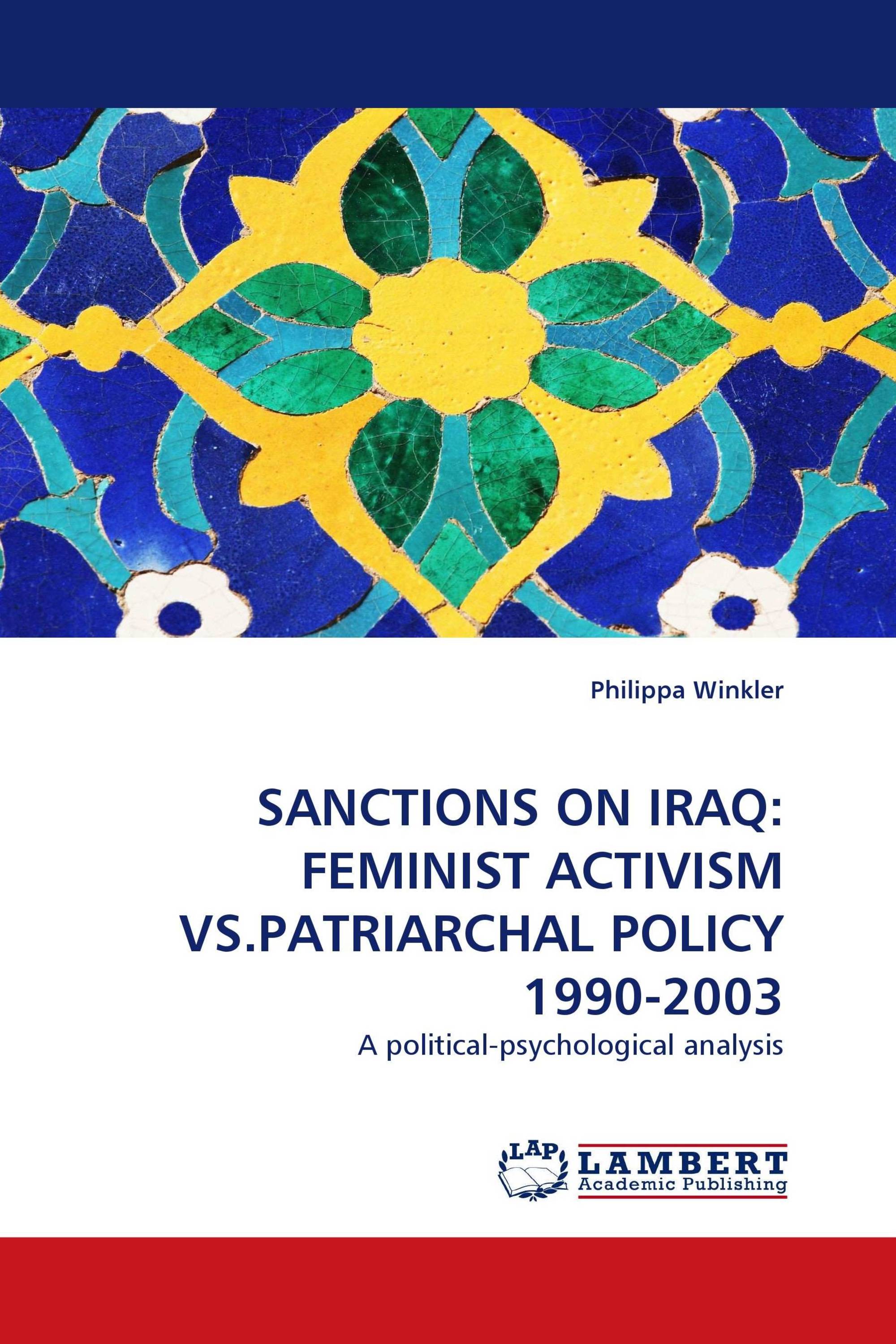SANCTIONS ON IRAQ: FEMINIST ACTIVISM VS.PATRIARCHAL POLICY 1990-2003
A political-psychological analysis
€ 79,00
From 1990 to 2003, the UN Security Council placed sanctions on the country of Iraq, which prevented its people from accessing clean water, food and medicines. According to UNICEF, sanctions resulted in the deaths of 500,000 Iraqi children. Feminist-activists around the world warned and lobbied against the human disaster caused by the sanctions. Eventually, they achieved a legal consensus that such punishment should be banned. The embargo was supposed to force Saddam Hussein''s surrender of an alleged ''weapons of mass destruction'' program. But in 2003, a US inspection team found that Iraq had been essentially free of such a program since 1991. This study explores the human rights of a people under a demonized leader. Theory is supported by the author''s experience in initiating a delegation to protest the sanctions at the UN. Based on interviews with pro-sanctions diplomats, the author identifies a ''cognitive dissonance'', or a set of contradictory beliefs, which hide a US/UK underlying agenda of regional control and oil. This study is useful for anyone interested in power struggles between international male elites and the emerging movement of global feminism.
Book Details: |
|
|
ISBN-13: |
978-3-8383-1654-3 |
|
ISBN-10: |
3838316541 |
|
EAN: |
9783838316543 |
|
Book language: |
English |
|
By (author) : |
Philippa Winkler |
|
Number of pages: |
264 |
|
Published on: |
2009-09-22 |
|
Category: |
Political science |
